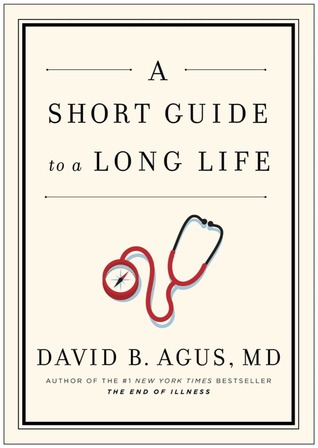The International Agency for Research on Cancer (IARC), a specialized agency of the United Nations World Health Organization has recently released the World Cancer Report. The report has predicted a rise in new cancer cases worldwide; to 22 million up from 14 million within the next 20 years. Fatality rates are also expected to rise from 8.2 million to 13 million.The report calls for an urgent focus on prevention and early detection. The United Nations has called for a ‘multipronged preventive action including treaties and laws extending tobacco-style restrictions to alcohol and sweetened beverages.’
‘The rise of cancer worldwide is a major obstacle to human development and well-being. These new figures and projections send a strong signal that immediate action is needed to confront this human disaster, which touches every community worldwide, without exception,’ – Dr. Christopher Wild, Director of the specialized UN cancer agency.
Globally, in 2012 the most common cancers diagnosed were those of the lung (1.8 million cases, 13 per cent of the total), breast (1.7 million, 11.9 per cent), and large bowel (1.4 million, 9.7 per cent). The most common causes of cancer death were cancers of the lung (1.6 million, 19.4 per cent), liver (0.8 million, 9.1 per cent), and stomach (0.7 million, 8.8 per cent).
Key cancer facts from the World Health Organization 2014 cancer fact sheet include:
- Lung, liver, stomach, colorectal and breast cancers cause the most cancer deaths each year.
- The most frequent types of cancer differ between men and women.
- About 30% of cancer deaths are due to the five leading behavioral and dietary risks: high body mass index, low fruit and vegetable intake, lack of physical activity, tobacco use, alcohol use.
- Tobacco use is the most important risk factor for cancer causing over 20% of global cancer deaths and about 70% of global lung cancer deaths.
- Cancer causing viral infections such as HBV/HCV and HPV are responsible for up to 20% of cancer deaths in low- and middle-income countries.
A book that highlights the power of prevention is ‘A Short Guide to a Long Life’ by Dr David B. Agus (one of the world’s leading cancer doctors and researchers). Dr Agus advocates healthy daily habits as a way of obtaining a vigorous and lengthy life. Concise, sensible and pragmatic this book should be on everyone’s reading list.
Read more;
February 2014 IARC Press Release; Global battle against cancer won’t be won with treatment alone Effective prevention measures urgently needed to prevent cancer crisis.
December 2013 IARC Press Release; Latest world cancer statistics Global cancer burden.
January 2014 Foreign Policy Association Article; Data Driven: Global Cancer Control Through Understanding and Partnership.

